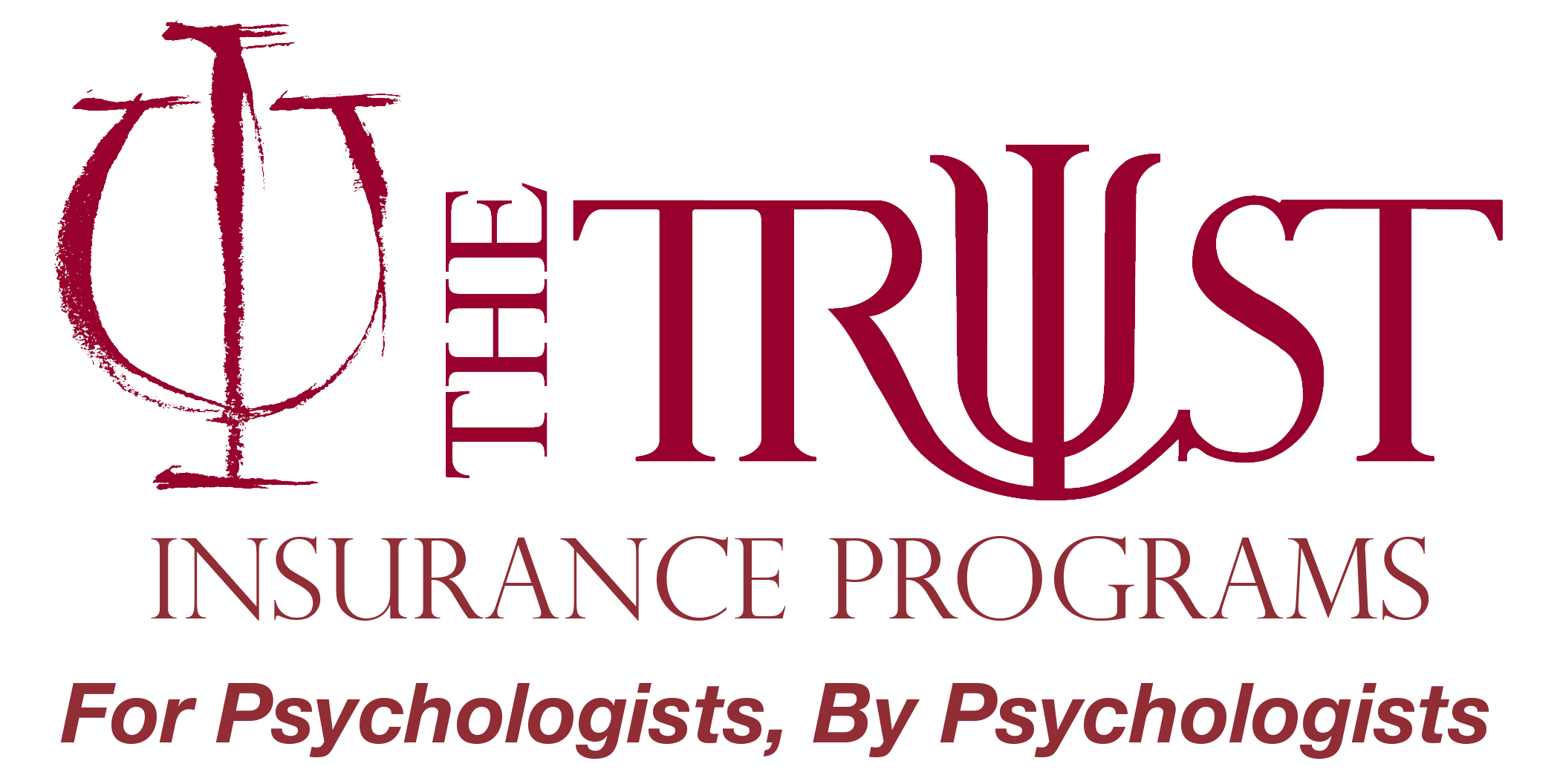Helping Students with ADHD SUCCEED in College: Applying Behavioral Activation and Motivational Interviewing TechniquesNovember 30, 2018 9:00 am - 12:15 pmAndrea Chronis-Tuscano, Ph.D. and Michael C. Meinzer, Ph.D. Workshop Level: A basic familiarity with motivational interviewing, behavioral activation, and ADHD will be assumed. Recommended Readings
An estimated 2 - 8% of college students have ADHD (Weyandt & DuPaul, 2008). Despite their success gaining admission to college, students with ADHD still experience difficulties due to ADHD symptoms and characteristics (e.g. executive functioning deficits) that make college adjustment more difficult and increase the odds for academic failure compared to their non-ADHD peers (Dupaul et al., 2017). Additionally, individuals with ADHD experience other psychosocial and psychopathological comorbidity. These ADHD-related impairments include depression (e.g., Meinzer et al., 2014), anxiety (Jarrett & Ollendick, 2008), alcohol use (Rooney, Chronis-Tuscano, & Yoon, 2012), and risky sexual behavior (Flory et al., 2006). Despite the clear indication from emerging research of the need for interventions for this population, there are few published programs for college students with ADHD. Behavioral Activation (BA) is a brief behavioral approach that aims to increase individuals' contact with valued environments through systematic efforts to increase rewarding experiences and goal-directed behaviors (Lejuez et al., 2011). Based on its core components that focus on planning and accountability, BA has clear relevance for addressing ADHD-related executive functioning deficits (Barkley, 1997; Nigg, 2001), which may increase the propensity for engagement in risky behavior. BA also simultaneously reduces negative affect and increases positive affect through overt behavior change, which is critical for this population given high rates of comorbid mood disorders (60%; Rooney et al., 2012). Toward the goal of developing targeted interventions for college students with ADHD, we modified brief BA to increase relevance to college students with ADHD who are engaging in problematic alcohol use, and integrated this approach with BMI (an evidence-based approach for reducing alcohol and substance use). This workshop is designed to help you:
Register Here |

